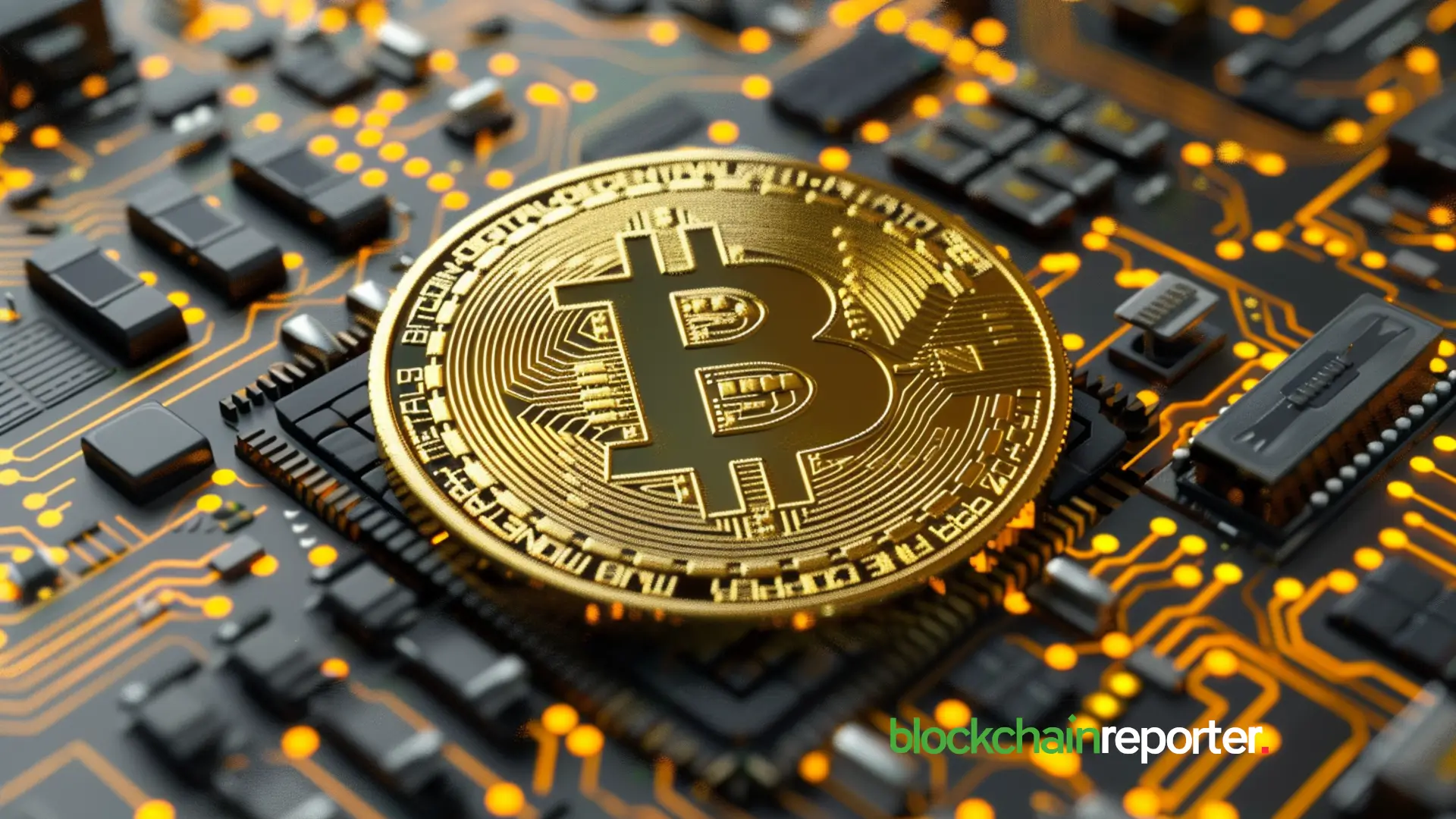Italy has formally passed a sweeping new law to regulate artificial intelligence, becoming the first member of the European Union to roll out comprehensive legislation in step with the bloc’s landmark AI Act.
The Italian Senate granted final approval after a year of debate, concluding what Prime Minister Giorgia Meloni’s government described as a decisive step in shaping how new technologies are deployed across the country.
Italy sets tough penalties for offenders
The legislation, ministers argue, lays out the boundaries for human-centric, transparent, and safe use of AI while balancing the need to foster innovation, cybersecurity, and economic growth.
The law casts its net widely, and it stretches into healthcare, schools, the justice system, workplaces, sport, and the public sector.
AI access for children under 14 has also been tightened, and it now requires parental consent.
Lawmakers also opted for a hard line on abuses. A new offence has been added to the criminal code covering the unlawful spread of AI-generated or manipulated content, such as deepfakes. Anyone found guilty faces between one and five years in prison if their actions cause harm.
Using AI to commit fraud, identity theft, market manipulation, or money laundering will now be treated as an aggravating circumstance, raising potential sentences by a third. Judges remain the sole authority in legal rulings, though courts are empowered to demand rapid takedowns of illicit material.
Government agencies to oversee its implementation
Responsibility for enforcing the regime lies with the Agency for Digital Italy and the National Cybersecurity Agency, though existing financial watchdogs such as the Bank of Italy and Consob retain powers in their own spheres. The Department for Digital Transformation will draw up a national AI strategy, subject to periodic revision.
Critics have voiced concern that two government agencies, rather than an independent regulator, are being asked to oversee such sensitive technology.
On copyright, Rome stopped short of sweeping new controls, wary of clashing with EU rules already in force. Instead, the law states that works created with the help of AI enjoy protection provided they stem from genuine intellectual effort. At the same time, text and data mining through AI is only permitted for non-copyrighted material or scientific research by accredited organisations.
To stimulate domestic innovation, up to €1 billion has been earmarked from an existing state-backed venture capital fund. The money will support equity stakes in start-ups and larger firms involved in AI, cybersecurity, quantum technologies, and telecommunications.
However, industry figures complain that the amount pales beside what rivals such as the United States and China are investing. China has made vast investments into AI as it also seeks home-grown solutions and reduces reliance on US tech. Even within Europe, France and Germany have pledged far greater sums to their own tech sectors.
Supporters of the law say the legislation marks a pragmatic balance, tightening safeguards while leaving room for experimentation. Chapter after chapter spells out sectoral rules, from a requirement that professionals tell clients when AI is used, to the creation of a national observatory tasked with weighing the risks and benefits of new systems.
“The law allows alignment with the AI Act and innovation in a solid regulatory context,” Butti said. “A billion euro is available, and Acn and Agid are entrusted with a clear oversight of the security, quality, and transparency of the systems.”
Want your project in front of crypto’s top minds? Feature it in our next industry report, where data meets impact.
Source: https://www.cryptopolitan.com/italy-passes-ai-law-outlining-privacy/



